
Responsibility
WorldFish calls for aquatic food systems to be part of COP29 climate plans
At COP29, WorldFish will push for including aquatic food systems in climate plans to boost resilience, food security and sustainable growth.
Responsibility
PEI’s new Seafood Sector Climate Change Adaptation Strategy focuses on building resilience in the seafood industry through targeted actions.

Responsibility
At COP29, WorldFish will push for including aquatic food systems in climate plans to boost resilience, food security and sustainable growth.
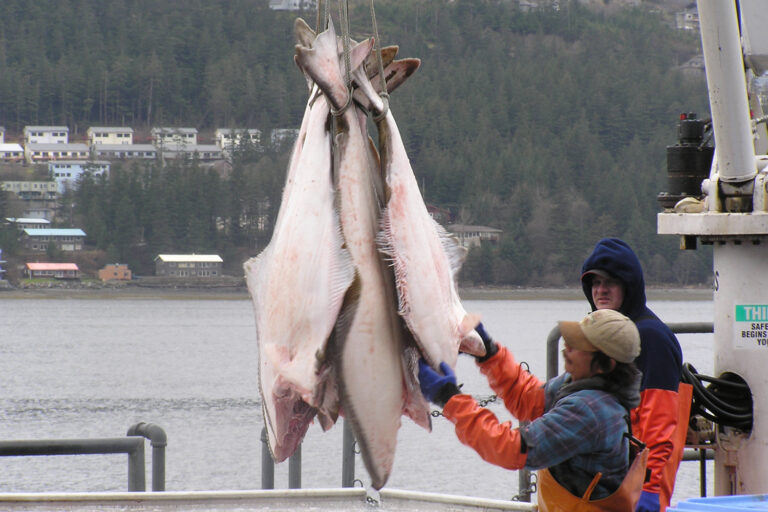
Fisheries
Shifting Atlantic halibut distribution and abundance patterns are linked to thermal conditions. Continuing warming will expand habitat.

Innovation & Investment
Three new aquaculture projects net $2 million in funding to improve fish health and welfare in response to climate change challenges.
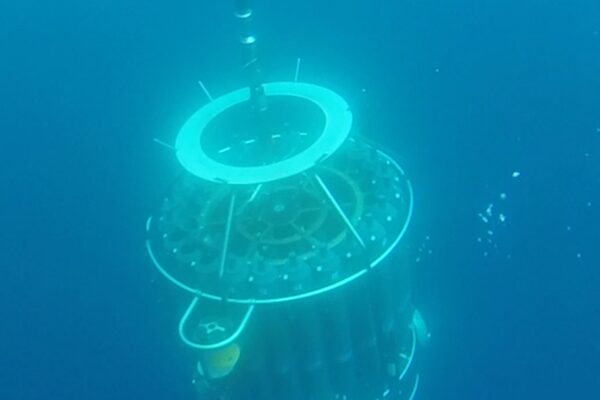
Responsibility
A new study indicates deep sea phytoplankton thrive with ocean warming, raising concerns about marine ecosystems.

Fisheries
A new dataset reveals how decades of atmospheric changes impact fisheries, aiding climate change predictions and mitigation.
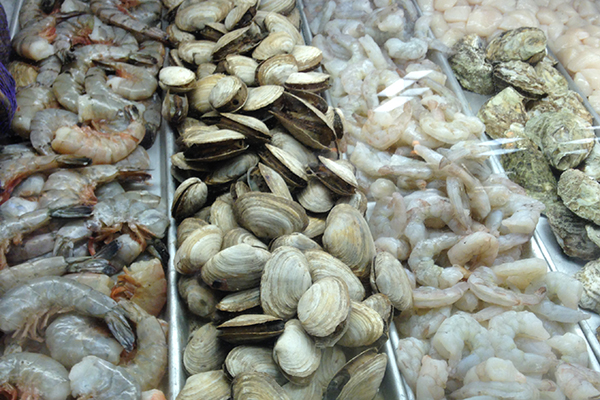
Intelligence
The U.S. could meet all its seafood needs domestically, a study concludes, but it would require changes in regulations and consumer behavior.

Fisheries
Climate change could cause commercially important marine species to shift northward, threatening Pacific Arctic fisheries.
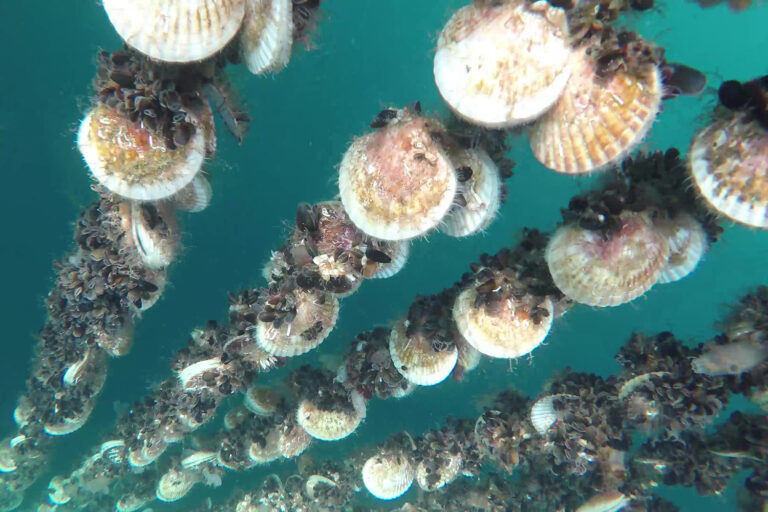
Intelligence
Researchers in northern Japan are using an AI image-recognition technique to observe scallop populations in lantern nets.
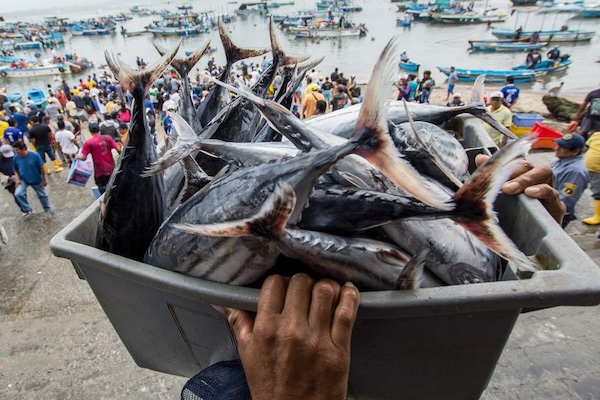
Responsibility
Global projections show fish biomass could drop more than 10 percent in many regions by mid-century if greenhouse gas emissions stay high.
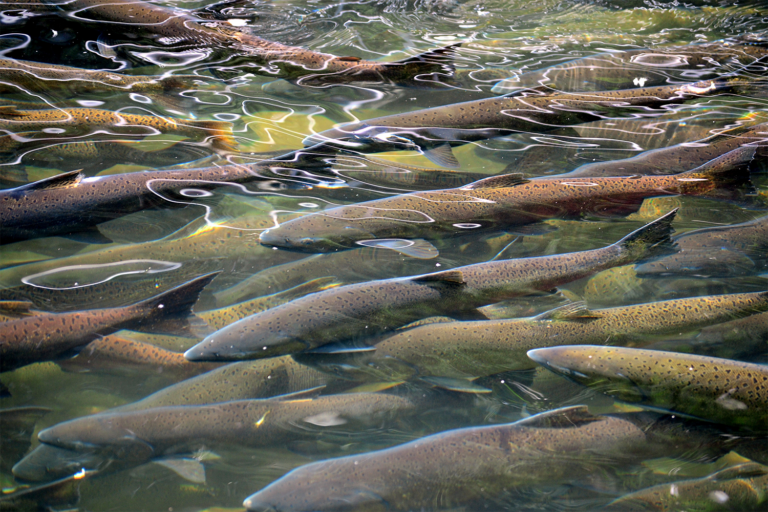
Fisheries
Ocean warming is increasing Pacific salmon in the Canadian Arctic, indicating that climate change is expanding their habitat.
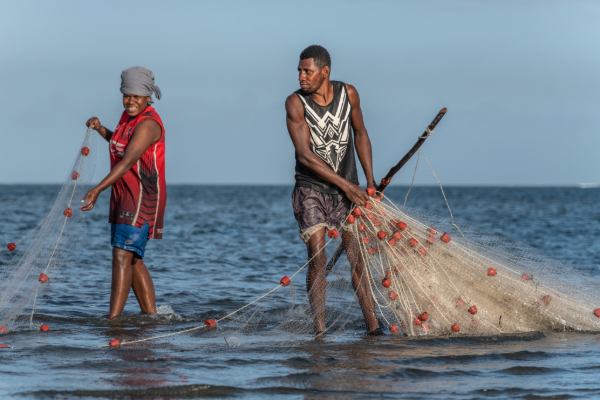
Responsibility
Equity in ocean conservation and climate strategies is crucial for achieving global sustainability goals, experts say.
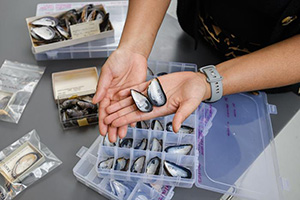
Responsibility
A new study reveals East Coast mussel shells have become weaker and more susceptible to damage due to climate change.
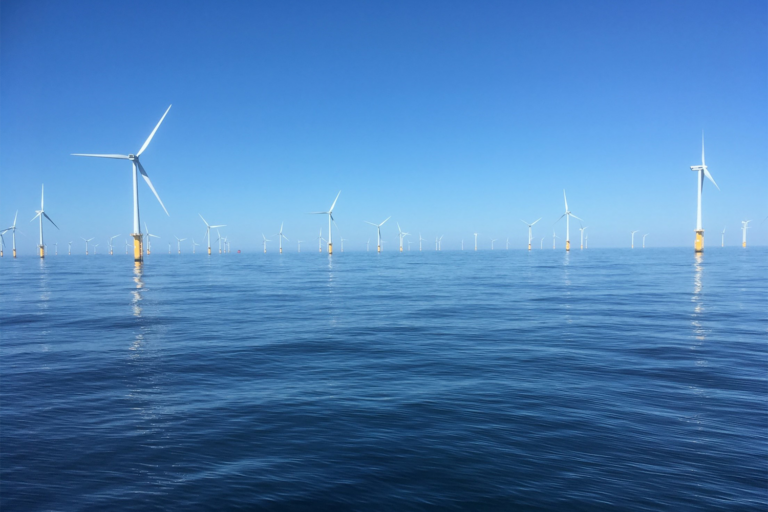
Responsibility
Ocean noise from human activity can change fish behavior like feeding, but new technologies and techniques can minimize the stress.

Intelligence
The new SAGE/Seaworthy podcast explores U.S. seafood regions, amplifies marginalized voices and showcases climate solutions.
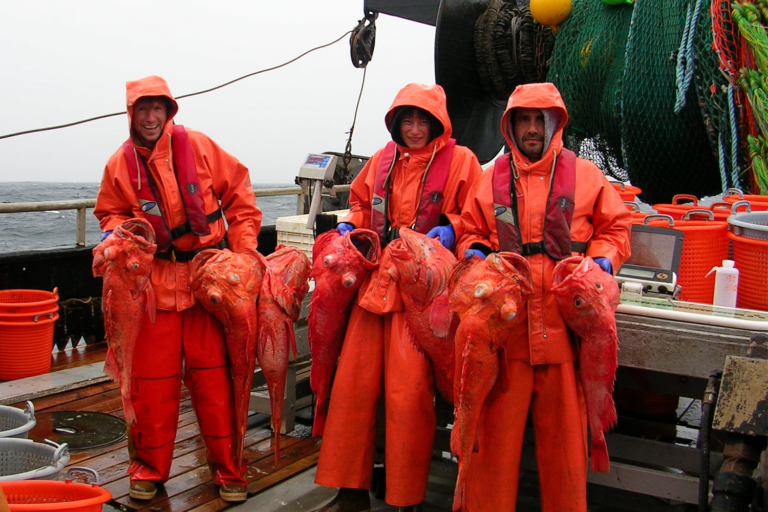
Fisheries
Long-term revenue and participation declines in U.S. groundfish fleets suggests risk due to climate change may be high and heterogeneous.